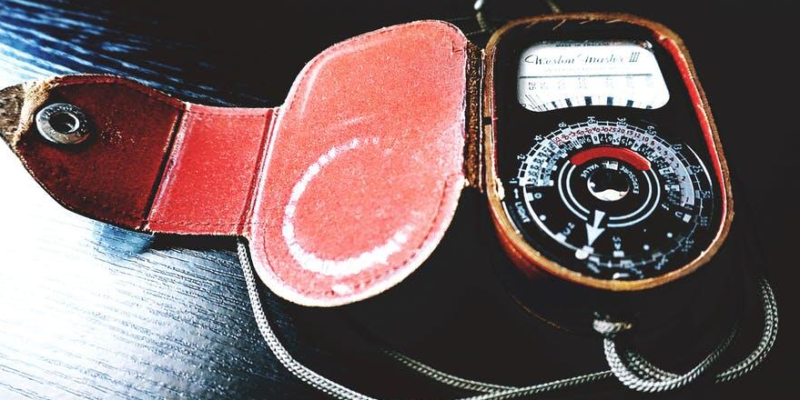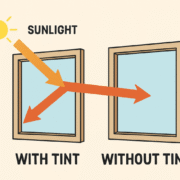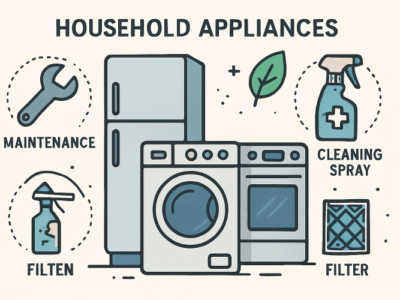Tracking energy use and prices depends on awareness of utility meters. Whether you’re at home, at work, or just curious about how it all works, these devices enable you to keep on top of your consumption. Today, sustainability is starting to take the stage. Understanding how these meters work will thus enable you to make wise decisions regarding energy consumption.
This book contains what you need to know about utility meters regardless of your level of ownership home or business.
Types of Utility Meters
Utility meters come in numerous forms, each meant to track particular facets of energy consumption.
Electricity Meters
These meters track the electricity a house uses. They can be analog or digital, but digital meters are becoming more common because of their accuracy and simplicity of use.
Gas Meters
Gas meters track the gas consumption in a house. Like electricity meters, these can also be mechanical or digital.
Water Meters
These meters track water consumption. This helps homeowners and businesses monitor their water usage and detect leaks.
Heat Meters
Usually in British Thermal Units (BTUs), or kilowatt-hours (kWh), these track the thermal energy consumed by a structure or unit. In a heating system, heat meters measure the temperature difference between the entering and exiting water or steam.
How Utility Meters Work
Utility meters measure different kinds of energy, hence their operation differs as well. To figure out how much energy is being consumed, electricity meters gauge voltage and electrical current.
Most kinds of power meters apply either one of two technologies:
Analog Meters
Analog meters have a rotating disc that spins faster as more electricity is used. This movement turns gears that show your consumption on a dial. They are reliable, but not as accurate as digital meters.
Digital Meters
Electronic sensors in digital meters track energy consumption. They are more accurate and often include features like remote reading. Digital meters are replacing older analog models, helping improve energy management.
The Importance of Utility Meters
Understanding how utility meters work is vital for several reasons:
Cost Management
Using an electric meter to track your energy consumption enables you to identify periods when you consume more or where you might cut back. Little modifications like turning off lights or running appliances can result in fewer expenses.
Energy Efficiency
Knowing how much energy you’re using allows you to choose appliances that use less power. You can also adjust your habits, like turning off electronics when not in use, to save even more energy. For those interested in enhancing their energy management strategies, knowing how to purchase an electrical meter can be the first step towards better energy literacy.
Environmental Impact
Using less energy is good for both your wallet and the planet. When you reduce your consumption, you also help lower your carbon footprint, making a positive impact on the environment.
Empower Yourself with Knowledge
Utility meters are vital tools that can enable you to live more sustainably and save money, not only equipment for monitoring energy. Your energy management techniques will improve if you know the several kinds of utility meters, how they work, and their importance. Monitoring your use of your initiative will help the environment and result in financial savings. Don’t hesitate to investigate your possibilities and think about strategies to maximize your use of resources!
If you want morе еxciting contеnt visit. Globallyviz.com














Comments